Just because the word Youth is in our name does not mean we are only limited to helping children. The Youth Crisis Center offers counseling services to people of all ages. We provide residential services as well. Nearly a dozen young adults in Northeast Florida call YCC home, thanks to our Transitional Living Programs in Clay and Duval counties.
Touchstone Village Transitional Living Program
Our Touchstone Village Transitional Living Program offers residential services for young adults 18-21 in Northeast Florida. Touchstone is not a “one size fits all” program; YCC considers each resident’s individual needs. Our goal is always the same for each client: to help them successfully transition into a responsible, independent young adult.
Staff at YCC work with Touchstone clients regularly through counseling services or just checking in on them to ensure everything is okay. Our clients are encouraged to have a job or be in school during their stay to help them achieve independence. In some cases, our clients are both working and going to school. If a client is not working or in school, we help connect them to programs and additional resources that could lead to employment. Our staff will also drive clients to job interviews and fairs if needed.
Touchstone Village provides each resident with:
- Rental of either an individual apartment (Duval County) or a shared living space (Moosehaven Clay County) for a nominal fee
- Life skills training
- Education planning
- Career development
- Vocational training
- Counseling
- Financial literacy
- Social & personal skills training
- Life coaching
- Case management
House of Hope
The House of Hope is the latest addition to the list of programs at the Youth Crisis Center. The House of Hope serves as an emergency shelter for young adults 18-24 years old.
During their stay, staff will help residents with the following:
– Life skills training – Connection for stable and permanent housing
– Mental health counseling – Academic monitoring and support
– Access to medical care – Career development training
The House of Hope includes nine rooms hosting one bed each, a full kitchen, dining hall, private counseling room, life skills training space, sanctuary garden, and communal gathering space. Each room of the House of Hope is furnished and decorated, all thanks to donors.
The House of Hope is a gender-neutral emergency crisis shelter, with the specific services targeted to homeless young adults. That model is based on the programs YCC already offers on campus, like the Residential Crisis Care Program, which serves minors, and the long-term housing program called Touchstone Village, surviving 18-21-year-olds.
To learn more about or to talk to someone about the House of Hope, click here.
If you know of a young adult between the ages of 18 – 21 who is struggling to become self-reliant and independent, YCC can provide transitional living services through our Touchstone Village program. Click to learn more about Touchstone Village and the 5 Skills Young Adults Need to Successfully Live Independently

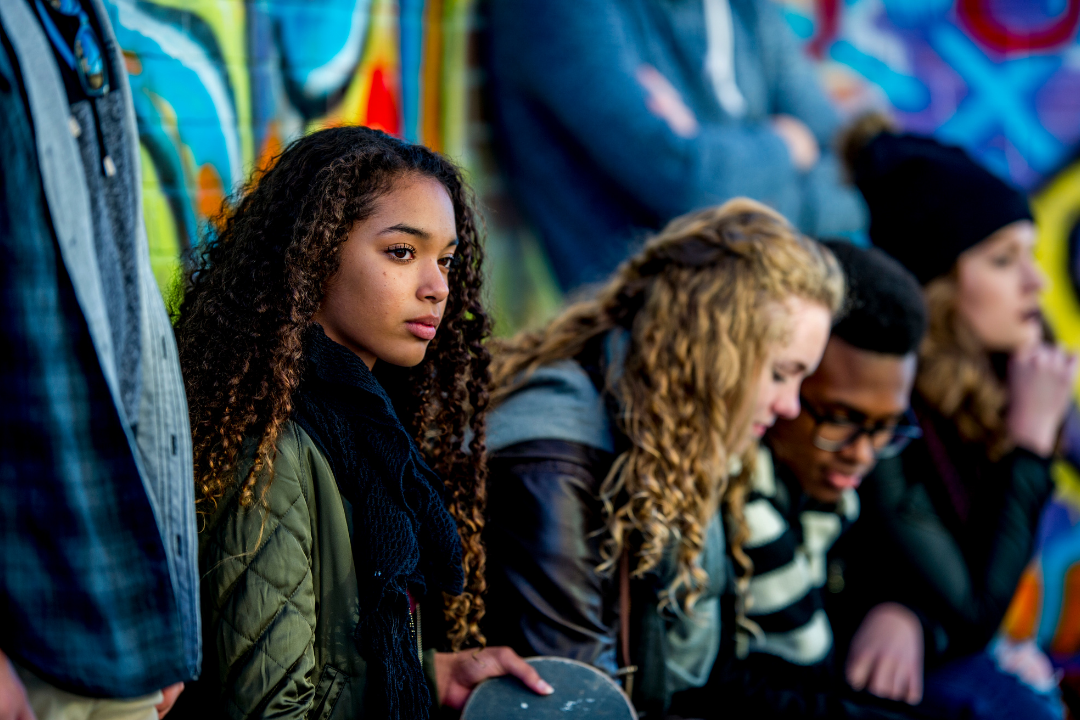
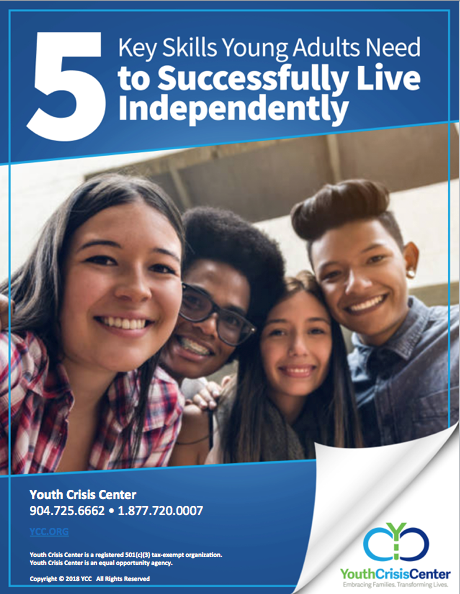

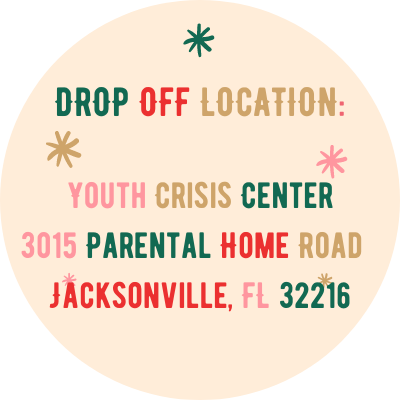

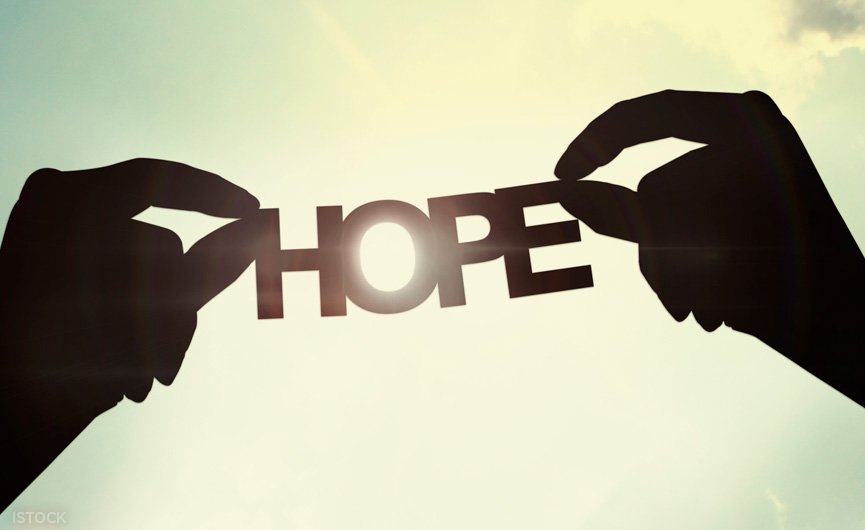
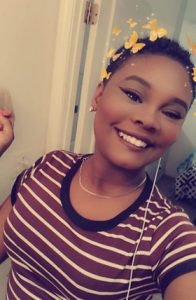
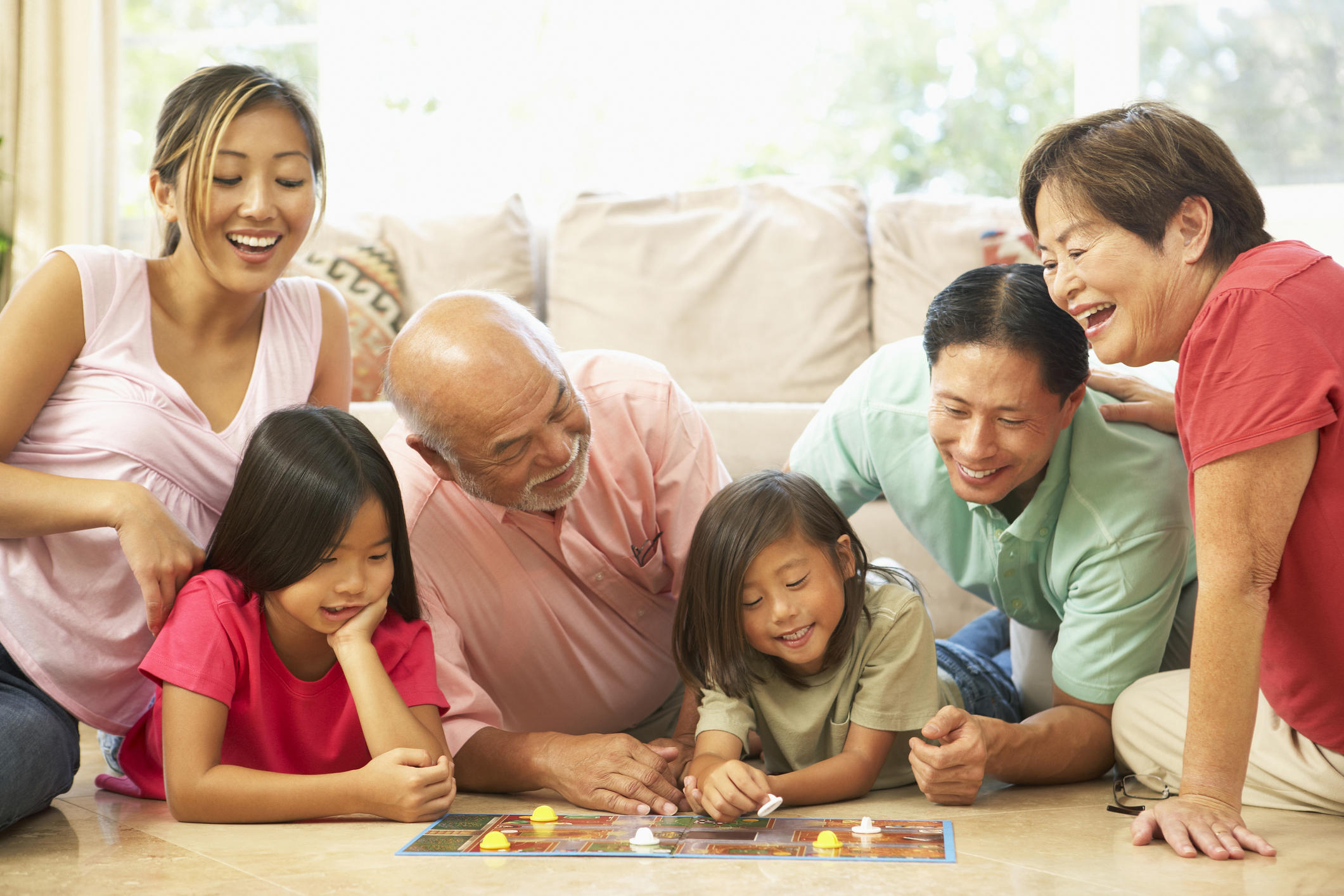
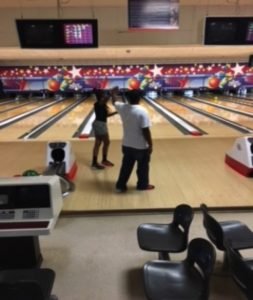

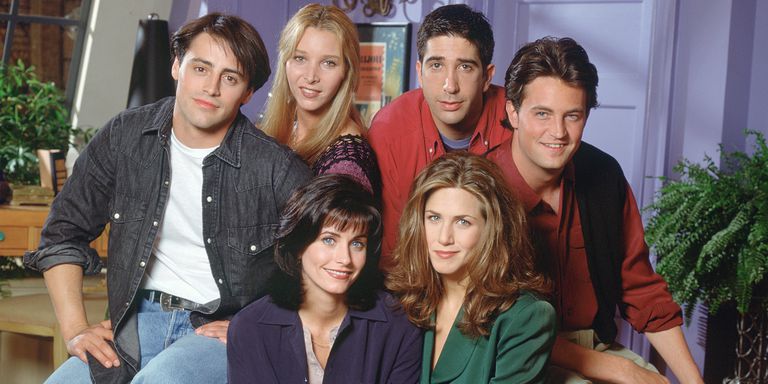 despite obstacles or disagreements. Those virtues of a good friendship are celebrated on the first Sunday of August during
despite obstacles or disagreements. Those virtues of a good friendship are celebrated on the first Sunday of August during 

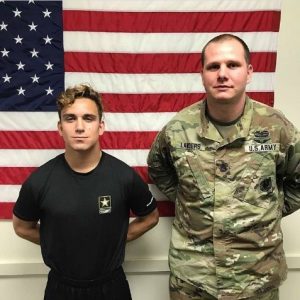 Andrew will head to boot camp just days before July 4, 2018 – Independence Day. Now 20 years old, he says his time at Touchstone Village gave him the chance to rethink what he wanted to accomplish. He is determined to do something positive, possibly in law enforcement, so he can help make the world a safer place – like the safety he says he found at Touchstone Village.
Andrew will head to boot camp just days before July 4, 2018 – Independence Day. Now 20 years old, he says his time at Touchstone Village gave him the chance to rethink what he wanted to accomplish. He is determined to do something positive, possibly in law enforcement, so he can help make the world a safer place – like the safety he says he found at Touchstone Village.